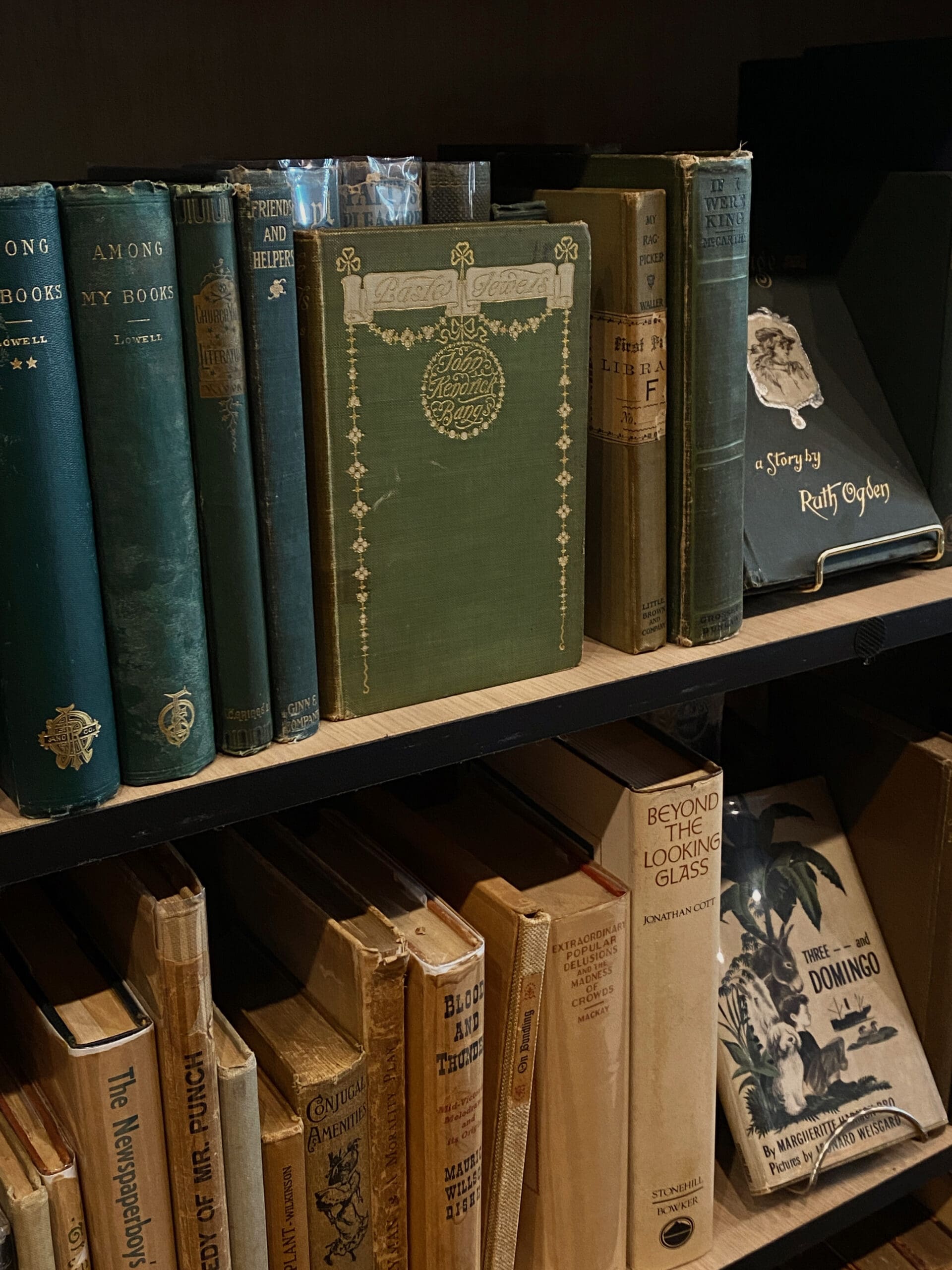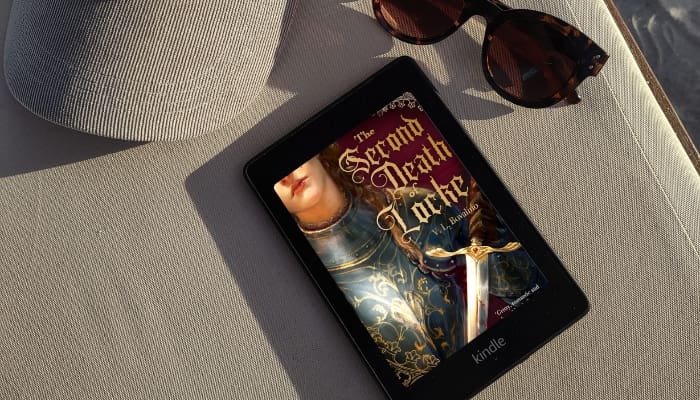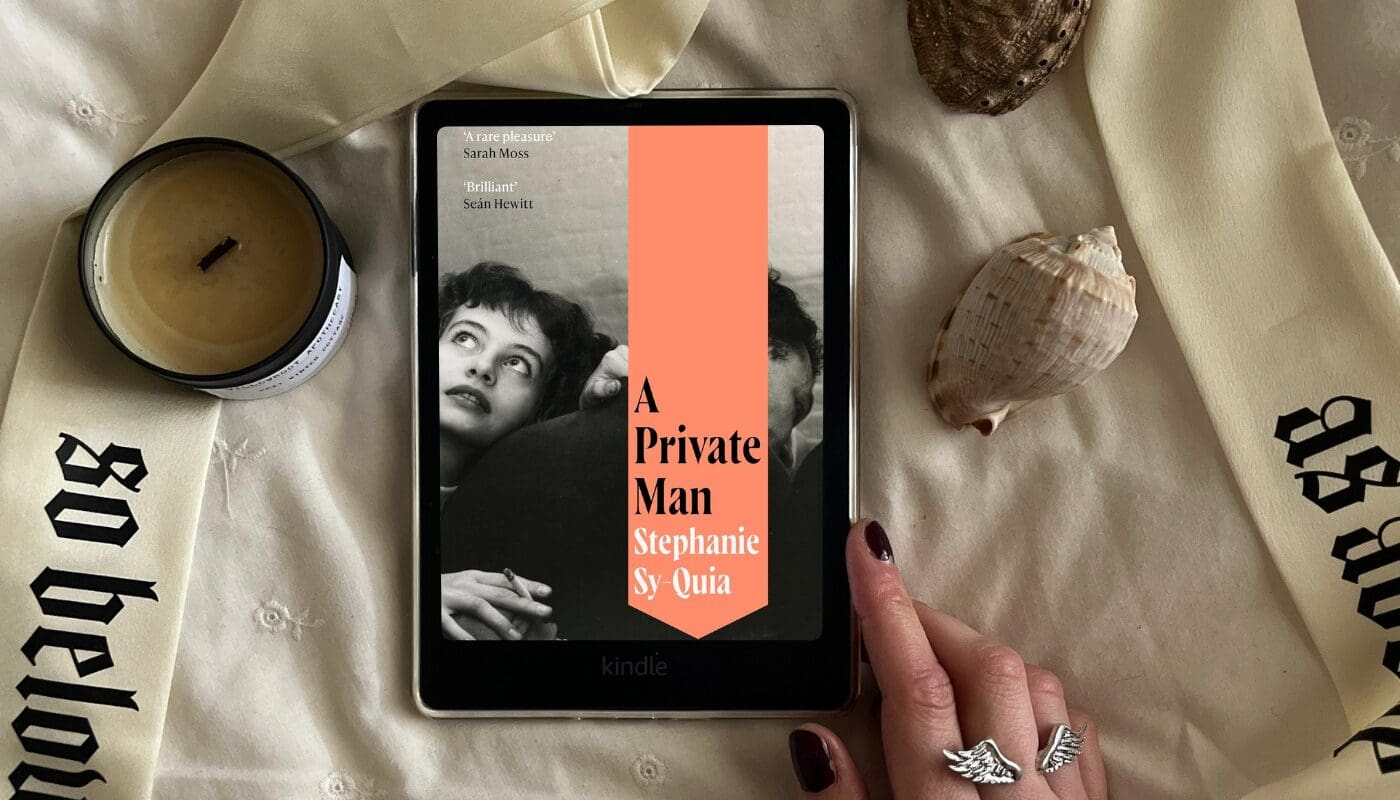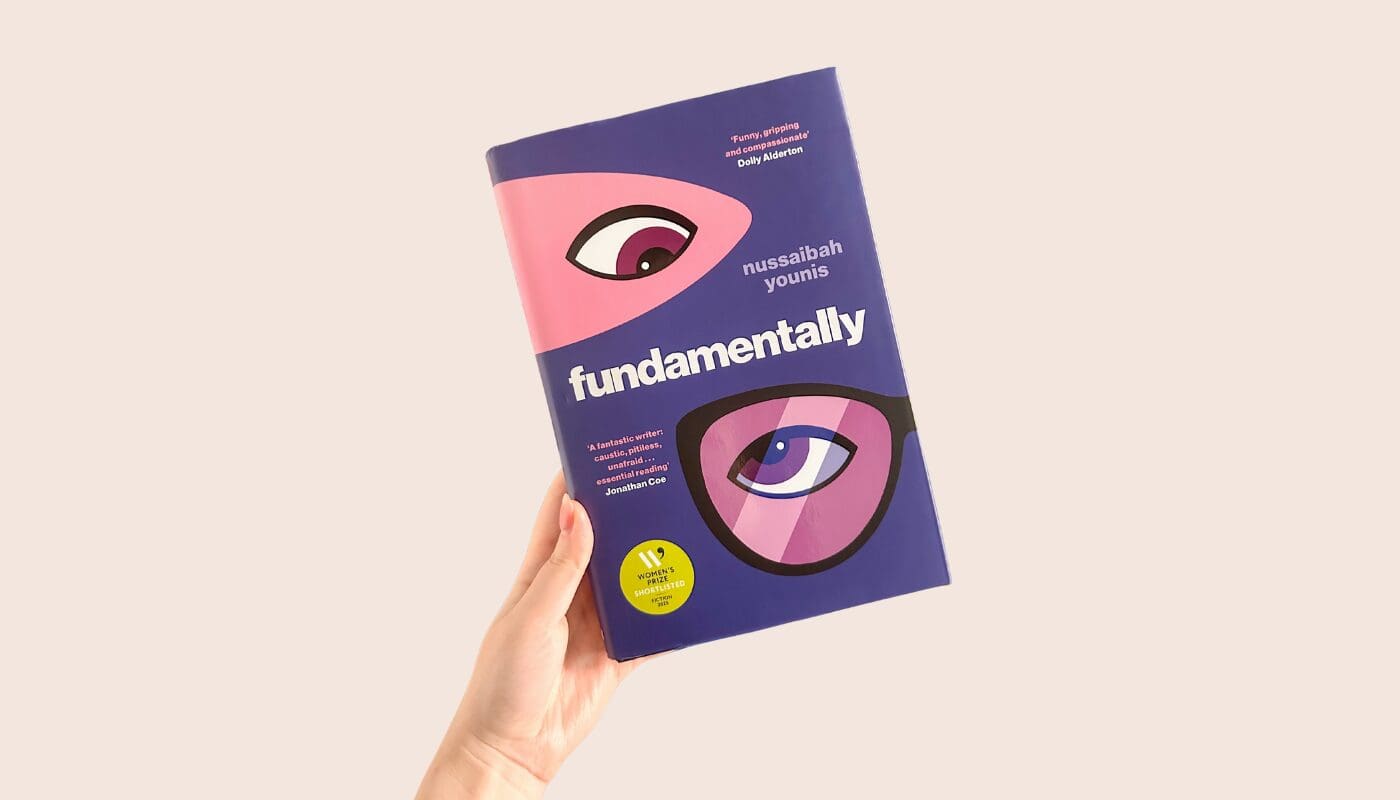TRIGGER WARNINGS FOR LOLITA BY VLADIMIR NABOKOV AND MY REVIEW: mentions/depictions of Child SA, SFA, rape, paedophilia.
Lolita is a horror story dressed in poetry, a constant push-pull between dazzling prose and the rot running like an undercurrent beneath it.
Reading it was one of the most difficult literary experiences I’ve had. This ~300-page novel took me ten days to finish, something I normally would’ve read in three, simply because I kept needing to put it down. For me, every page brought with it a bone-chilling awareness that while Lolita is fiction, its subject matter is not. It’s horrifyingly real, and imagining the real life “Lolitas” out there made this book unbearable. Truthfully, if it wasn’t for the Classics Club, I believe I would’ve abandoned it entirely by the 15% mark.
My Review
For those unfamiliar with the story, Lolita follows Humbert Humbert, a self-given pseudonym of a middle-aged literature professor who becomes obsessed with twelve-year-old Dolores Haze, whom he nicknames “Lolita”. It’s narrated entirely from Humbert’s perspective, and is written as his confessional memoir in jail.
It’s an experience inside the mind of a predator who hides his vileness behind beautiful prose and his deluded sense of ‘love’. At its core, its a psychological horror. It’s not an erotic novel or a forbidden romance, as I’ve seen it marketed elsewhere.
What makes this novel so disturbing is down to both its subject matter and how it’s told. Nabokov’s language is dazzling, and he weaponises his wit and prose masterfully, making Lolita one of the most technically stunning books I’ve ever read.
Nabokov’s command of the English language is impressive (understatement of the century)—especially considering Russian is his mother tongue—and his prose lured me in ever so slowly before suddenly smacking me in the face with Humbert’s grotesquerie (understatement of the century 2.0). While witnessing the mind of a monster yet thoroughly enjoying the writing, I felt like one of those people who pull out their phones to make a TikTok instead of helping when they see a car accident. Just by reading, Nabokov makes us feel complicit in Humbert’s crimes.
Lolita, light of my life, fire of my loins. My sin, my soul. Lo-lee-ta: the tip of the tongue taking a trip of three steps down the palate to tap, at three, on the teeth. Lo. Lee. Ta.
Humbert, Lolita
One of the greatest misconceptions surrounding Lolita is that it romanticises paedophilia and CSA. It doesn’t. I believe this misunderstanding stems from readers who struggle to separate the narrator from the author’s prose.
But romanticising abuse was never Nabokov’s intention, and the misconception is widespread. Take one look through the front covers and the marketing of this book and you’ll find that many have missed the point of the novel entirely. See what Nabokov himself said about the cover design:
“I want pure colors, melting clouds, accurately drawn details, a sunburst above a receding road with the light reflected in furrows and ruts, after rain. And no girls. … a dissolving remoteness, a soft American landscape, a nostalgic highway—that sort of thing? There is one subject which I am emphatically opposed to: any kind of representation of a little girl.”
Nabokov
Nabokov wants you to feel the pull of Humbert’s narrative and then recoil from yourself for having done so. Not once does the author glorify or condone Humbert’s actions, but it is the character of Humbert himself who romanticises his abuse, cloaking it in flowery language.
But the reader, unless truly lost, sees through this. It is this contrast that Nabokov manipulates as he herds the reader into complicity.
That said, the deceit didn’t work for me. Yes, Humbert’s a ‘tortured soul’, and he loved Dolores in his own sick way, but I didn’t feel sympathy or pity for Humbert. In fact, I found the book easier to read the closer he came to his downfall, but I just wish it didn’t happen on his terms.
Dolores never gets the ending she deserves, but that isn’t the book Nabokov chose to write.
Self-deceit
Humbert’s disgust toward Quilty is the clearest example of his self-deceit. Quilty is a playwright, a libertine, and a fellow predator. His presence slips by largely unnoticed throughout much of the book, and he acts as a mirror in which Humbert can’t bear to see himself reflected, even though he’s guilty of the same crimes.
He broke my heart. You merely broke my life.
Dolores, Lolita
Quilty acts as a kind of litmus test for the reader: if you think Quilty is vile and Humbert is somehow better, you’ve missed the whole point because both are abusers. The only difference between them is that Humbert controls the narrative. Quilty IS Humbert with the poetic mask removed.
Still, this is not a novel that centres its victim. Dolores is mostly voiceless, known only to us through Humbert’s sick fantasies. We know that beyond this novel, Dolores is a breathing, dreaming, hurting human being. Especially when Humbert confesses, near the end, that Dolores would cry after he raped her, or that he bribed her with anything she wanted in exchange for sexual favours. The narrator had never explicitly disclosed this before, but I wasn’t shocked. I thought this had been clear all along, and that this moment was only Humbert finally shedding his own delusion, but reading other reviews I realise that Humbert had pulled the wool over many eyes.
And here is where the book becomes dangerous: Humbert is an unreliable narrator to his core. Not because he lies, but because he’s incapable of seeing anything outside of his own perspective. He sees his love for Lolita as pure, their ‘relationship’ as romantic. He tries to convince the reader and himself of that throughout the majority of the novel. I truly believe that Lolita can and probably has attracted real paedophiles, and there will be those sick and twisted enough to read this book and—believing Humbert’s perspective—see not a horror story but a green light. You only need to skim Goodreads to find reviews that are downright chilling.
But I believe this character’s unreliability or depictions of his abuse matters not a lick. We know, as adults, that a child cannot consent. We know that Dolores is being abused. I cannot fathom an adult reading this book and seeing it as anything other than a horror story. Dolores. Was. A. Child. Not a consenting partner, no matter how it was depicted.
She was Lo, plain Lo, in the morning, standing four feet ten in one sock. She was Lola in slacks. She was Dolly at school. She was Dolores on the dotted line. But in my arms she was always Lolita.
Humbert, Lolita
My final thoughts on Lolita by Vladimir Nabokov
So, should you read Lolita? That depends.
It’s a deeply uncomfortable read, and isn’t for everyone. It will horrify you. It will disgust you, and so it should.
I finished it this last night and I feel as though I’m covered in an oily residue. Yet, if you can distinguish author from narrator and want a masterclass in narrative manipulation and prose, then I recommend it.
Rating: Lolita by Vladimir Nabokov
Lolita is not a romance, it’s a literary gut punch. Technically, it deserves 5 stars. Emotionally, I can’t bring myself to rate it at all.
Humbert is fictional, but many have sadly met monsters just like him. Lolita is as unforgettable as it is unforgivable.
*Not affiliate links*

Leave a Reply
Recent entries





Be the first to comment